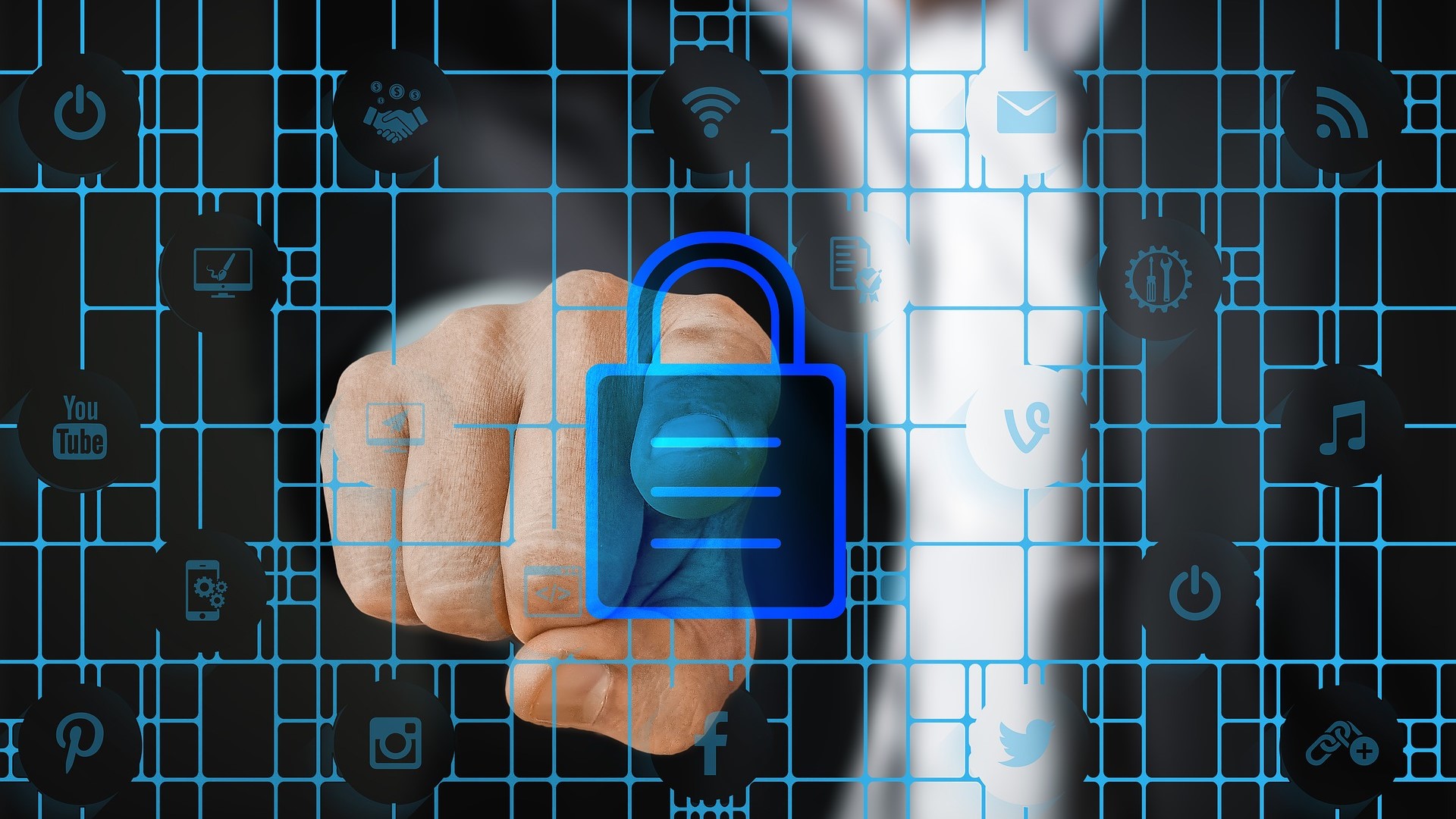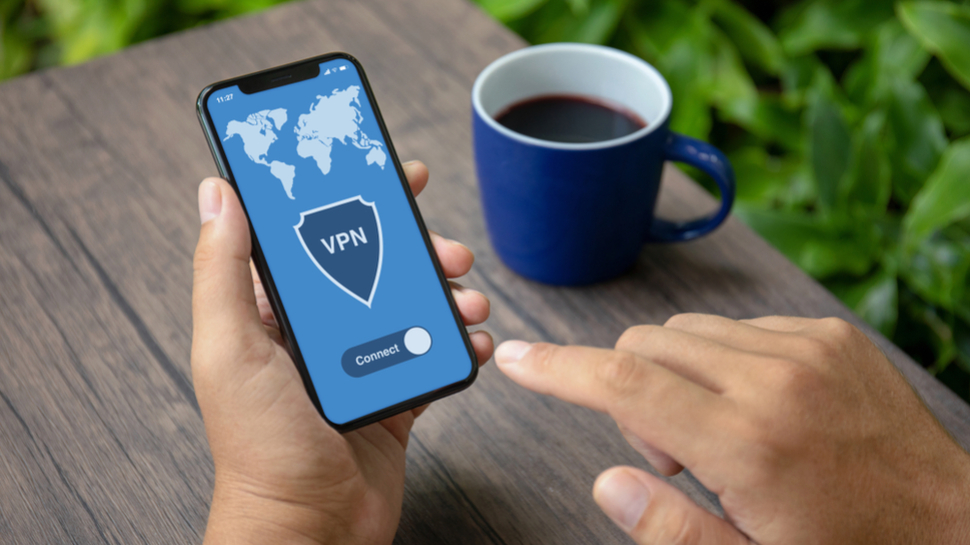
Nick Shaw is Vice President and General Manager of Symantec's Norton business across Europe, the Middle East & Africa.
It’s been a whole year since the General Data Protection Regulation (GDPR) came into effect. Yet the changes it brought continue to be vitally important. Why? Because it raised the standards for the protection of EU consumers’ data and privacy – and made these standards enforceable by potentially massive fines for organisations that fail to keen their customers’ data safe. GDPR also gave consumers new rights - such as the right of erasure - so you can request your personal data be deleted.
Organisations have also had to improve how they store and manage your data, for example by using better encryption and more secure methods of transmitting information. What’s more – companies must now disclose any breaches within 72 hours of them taking place. This is all extremely important, because - as revealed by the 2018 Norton LifeLock Cyber Safety Insights Report (NLCSIR) – over the course of last year, a third of all British people experienced some form of cyber crime. So, if you find yourself more concerned about your privacy – it’s not surprising!
Nor should you feel you’re alone – our research found nearly three out of four Brits (74 percent) are more alarmed than ever about their privacy. Moreover, UK consumers now view data protection as a right, not a privilege: 78 percent say they’re not willing to pay service providers to ensure their personal information is protected when using them.
- How to protect your privacy online with Tor Browser
- Avoiding unwanted tracking online
- How are consumers protecting themselves against online fraud?
Despite these concerns and expectations – many Britons still embrace data sharing: 17 percent are willing to give away their internet search history for free, and 36 percent are willing to sell it. 20 percent would give away location data while 37 percent would sell. And 16 percent are even willing to share information from identifying documents such as a driver’s license or passport – which 26 percent would sell.
The reason consumers are willing to share or trade this data is convenience – because they recognise the power and benefits of personalised services and so are willing to accept a degree of risk. Convenience reigns supreme when it comes to sharing personal data.
Protecting your digital footprint
That said, consumers need to be cautious about the risk they are exposed to and ensure they are taking some simple but essential steps to protect their digital footprint.
Get your passwords up to scratch
Are you a pro? Subscribe to our newsletter
Sign up to the TechRadar Pro newsletter to get all the top news, opinion, features and guidance your business needs to succeed!
Don’t use the names of your children, pets, sports team or dates of birth as these can often be easily sourced from social media profiles. Don’t use the same password for multiple online accounts either. Choose passwords that can’t be easily guessed and change them every 90 days. Nowadays you can use a password manager like Norton’s Identity Safe to help remember multiple strong passwords across all your accounts. One way to create stronger passwords is to think of a memorable phrase, such as "An apple a day keeps the doctor away", and use the first letters of each word, which would give you the password AAADKTDA. You can also change a letter to a number or symbol that reminds you of the letter, e.g. AAADKTD@.

Use VPN’s, especially on public Wi-Fi
Many public Wi-Fi connections are unencrypted, offering the chance to intercept data being sent and received by your device. Sometimes, attackers even create fake Wi-Fi hotspots purporting to be legitimate networks. Using a virtual private network (VPN) - available by subscription - means it’s much harder for your data to be intercepted.
If in doubt, don’t open it – and don’t click it
Cyber criminals send fake emails or texts that can look authentic. The links in these contain malicious software that can mine your computer for personal information. Be wary of any emails and messages that seem to be from a company you do business with, especially if they contain spelling mistakes or perhaps use a different tone of voice compared to previous legitimate communication you’ve received from the company. Also remember that most businesses will never send you emails or texts, or even call you, asking for secure information - visit the company’s official website directly to verify authenticity.
Use a comprehensive, integrated security solution
Using lots of different security software can be more of a headache than anything and leave gaps in your defence. Consumers are usually better off using a single comprehensive security solution that covers all their connected devices and protects against all the different types of threats - from spyware and viruses to financial trojans.
Stay vigilant & responsive
Regularly check your bank and credit statements to spot any transactions you didn’t make, quickly. If you see anything that looks odd, alert your financial institution and change your credit or debit card. And, if a company you use has experienced a breach, change your passwords immediately.

Use two-factor authentication
Adding an extra layer of security with what's referred to as 'two-factor' authentication will significantly increase protection. This could be adding a personal question, using fingerprint scanning, voice recognition or having a secret username, or using your email and phone to confirm new login and transaction requests.
If you can maintain these smart online security habits, you’ll massively decrease your exposure to potential digital security threats in 2019, and beyond.
Nick Shaw, EMEA Vice President and General Manager at Norton
- Also check out the best antivirus
